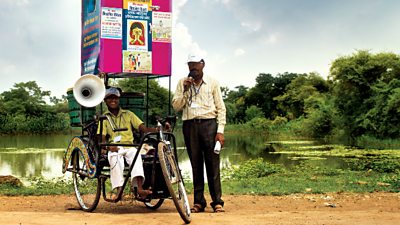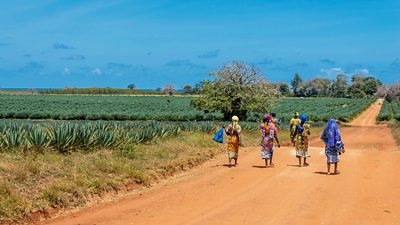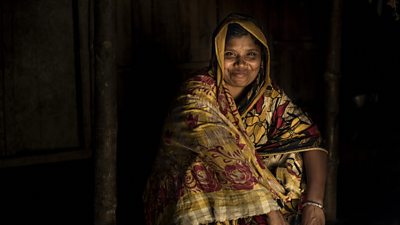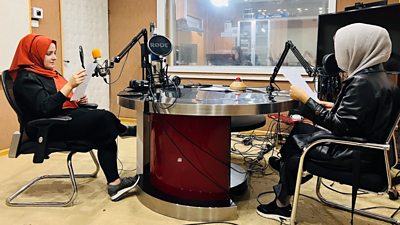Download the research report
-
Women and the media in Afghanistan Research report - October 2024
My interest in journalism drives me to overcome all restrictions and keep working, as well as to lift the voices of people, especially women."
Since August 2021 when the Taliban (referred to in this report as the de facto authorities or the DFA) returned to power, they have issued decrees that restrict women’s movement, education and work. Unsurprisingly, the media landscape in Afghanistan has undergone significant changes since then, with huge implications for both female audiences and female media workers.
We conducted research with men and women across Afghanistan, with the aim to better understand the evolving media landscape in Afghanistan, to inform strategies to support female media workers and meet female audience members’ needs.
Our study found:
Women in Afghanistan continue to have less access to information than men, particularly through TV and the internet. At least 33% of women (more in rural areas) rely on family as a key source of information, while men prioritise other information sources. Yet Afghan women’s information needs have never been more pronounced – due to restrictions on their activities, many are confined to their homes.
Now women are in the confines of their homes… The virtual space is the only window for us to learn about what is happening."
Over half (54%) of the people we spoke to said they would support a female relative to work as a journalist.
However while 89% of people agree that women should work in the media sector, female media workers report negative attitudes towards them from people in their communities, particularly in some regions.
Read the full research findings and our recommendations in the document above.
This work was funded by U.S. Mission to Afghanistan.
Our research library
-

Long reads
Read our comprehensive research reports of the evidence behind our work. All of our publications are freely available to download. -

Short reads
At a glance, explore key findings and evidence behind our work. All of our publications are freely available to download. -

By country
Explore our findings and analysis country by country. All of our publications are freely available to download. -

Policy and practice
Read our policy and practice briefings
Search by Tag:
- Tagged with Insight Insight
- Tagged with Afghanistan Afghanistan
- Tagged with Asia Asia
- Tagged with Gender Gender
- Tagged with Women and girls Women and girls
- Tagged with Media landscape Media landscape
